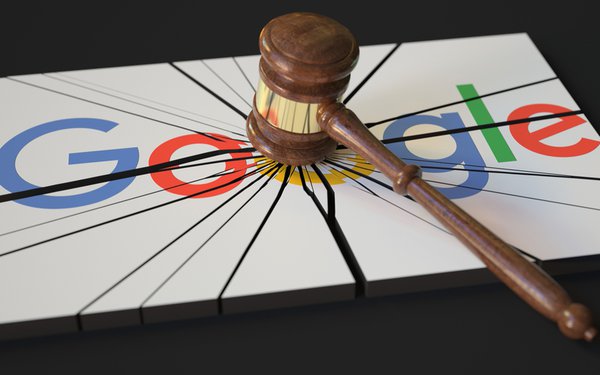
The U.S. Department of Justice and Google have concluded a two-week
hearing that addressed Google's monopoly in online advertising technology. Closing arguments are set for mid-November.
The ruling is expected in early 2026. The decision could change digital
advertising, regulation and business relationships across the industry.
The outcome also has the potential to increase competition, change pricing structures, and create security risks for
advertisers and publishers if divestitures are required and not properly overseen in terms of recoding software in the platforms.
Google suggests that selling off its
advertising exchange is too risky and technologically difficult, and would disrupt the advertising market.
advertisement
advertisement
The trial has been focused on how to restore the competition that underpins
display advertising, but a requirement that Google open-source its ad-serving software as part of a divestiture remedy could increase the risk of malware.
This is one of several arguments
Google presented during the ongoing remedy phase of the DOJ's antitrust lawsuit. The issue highlights the inherent security risks and differences between a centrally managed proprietary system and a
decentralized, community-driven open-source project.
Judge Leonie Brinkema of the U.S. District Court for the Eastern District of Virginia has signaled an openness to a break up the company,
but also the idea of a court-enforced settlement that would restrict Google in certain areas going forward rather than enforce divestitures.
“This is the kind of case that ought to
settle,” Brinkema said, according to Courthouse News Service.
DOJ attorneys want
Google to divest AdX, Google's ad exchange, and DoubleClick for Publishers (DFP), an ad server.
Google's attorneys have argued for more lenient action involving behavior and conduct
remedies.
On Monday, the courtroom heard closing testimony from more than two dozen witnesses, including Google executives, rival ad-tech leaders, publishers, and economists who served as
expert witnesses.
By the end of the trial, The Verge reports, there was no sign that a settlement between the DOJ and Google was near.
Matthew Wheatland, chief digital officer at
The Daily Mail, was the government's second and final rebuttal witness on Monday before the trial ended. He showed support for DOJ’s remedies.
Wheatland testified on the DOJ's proposed remedies from a publisher perspective, according to information passed to MediaPost. He noted that the DOJ's proposal to open-source DFP's final auction logic would benefit publishers and outweigh potential costs - the code
would be transparent, auditable, and customizable.
He examined how the DOJ's remedy would work for The Daily Mail. The adtech executive said when the publisher wants
to run Prebid, it could download the code off of DFP, tweak it, upload it to Prebid and execute it during an ad auction.
"This would mean that the code would be transparent and also give us an
opening to search for features," Wheatland said, according to one report.
Wheatland noted these changes are technically possible, but
others, as well as Google, testified it would not technically work to open source the platform.
From a software code perspective, ad systems must have all the infrastructure they depend
on and rely on for them to be usable.
Software engineers, in general, understand there are security risks of arbitrarily taking a code from somewhere else and placing it into another internal
system.
Dependence, lack of function without technical work, and security risks are fundamental issues in software engineering and migration of cutting and pasting code from one place to
another.
This could open the door to malware attacks and present supply-chain vulnerabilities, and lack of familiarity on the platform could lead to frequent errors.